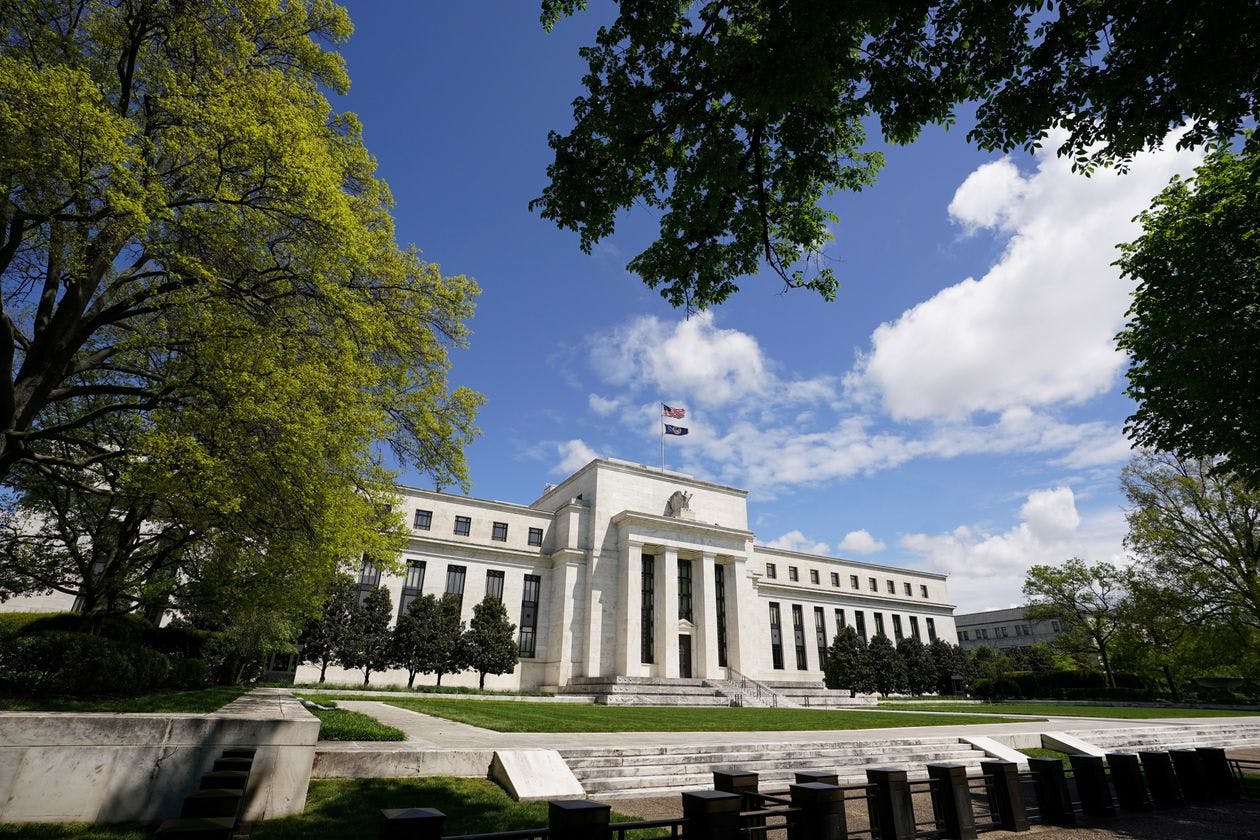 Wall Street Journal
Wall Street Journal
Fed’s Williams: economy may be bottoming as Fed weighs yield-curve control
Federal Reserve Bank of New York President John Williams said on Bloomberg’s television channel Wednesday the worst of the economy’s decline from the coronavirus crisis may be over, even as he warned hard days still lie ahead in a climate of considerable uncertainty.
“Based on what we are seeing now, I think we are pretty close, maybe May or June will be the low point right now based on the data we are seeing,” Mr. Williams told the television channel. “But let’s not forget this is an extreme decline in economic activity, an enormous hardship for people in this country. So even if we are starting to see perhaps stabilization there in terms of the economy and maybe a little pickup, we are still in a very difficult situation.”
Read more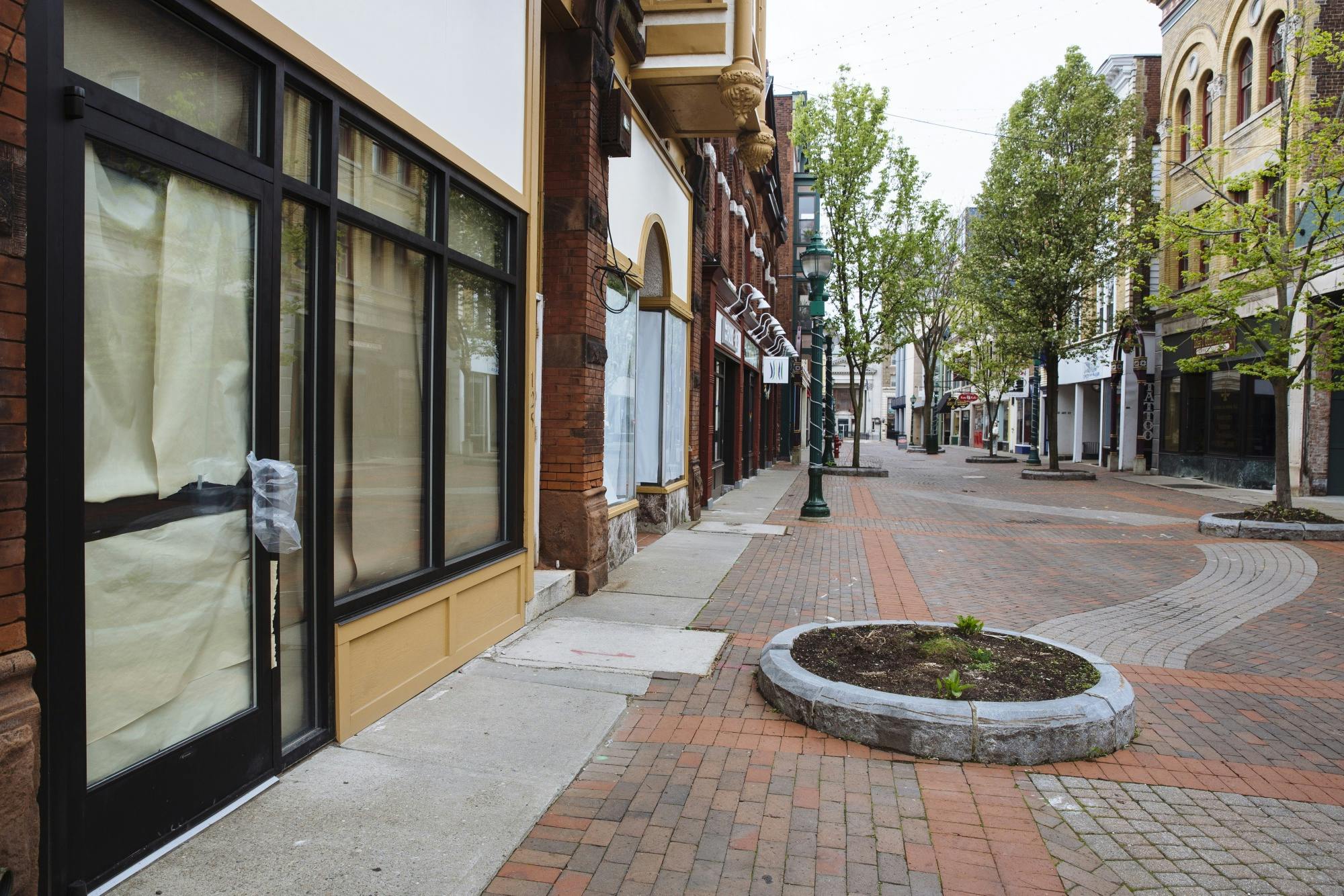 Bloomberg
Bloomberg
The Fed Boldly Saves Markets. Now It’s Worrying About Main Street Business
The Federal Reserve’s next front in the battle to support the U.S. economy is to prevent millions of American small businesses from becoming the Achilles heel of the recovery.
Fed Chairman Jerome Powell told the Senate Banking Committee last week that he’s concerned about America’s “jobs machine” -- its small and medium sized firms -- tipping into bankruptcy and destroying the “work of many families and generations.” If that happens, there will be fewer jobs when state governors declare it’s safe for households to go back to work.
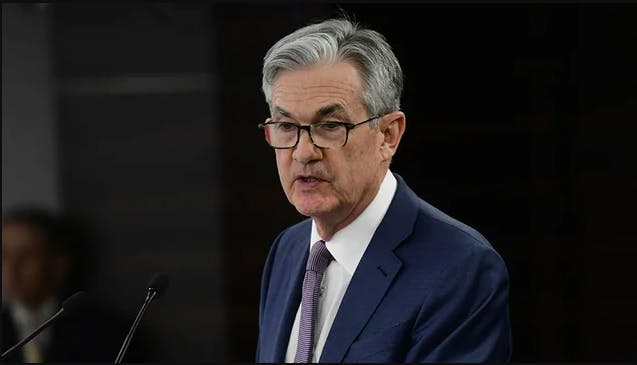 The Hill
The Hill
How lawmaker ties helped shape Fed chairman's COVID-19 response
Federal Reserve Chairman Jerome Powell's deep ties with lawmakers are paying off as the central bank deploys trillions of dollars in financial support for the economy with the blessing of Congress.
With the coronavirus crisis, Powell has drawn from years of experience negotiating with lawmakers, nudging them toward his preferred policy outcomes while showing deference to their treasured oversight responsibilities.
Read more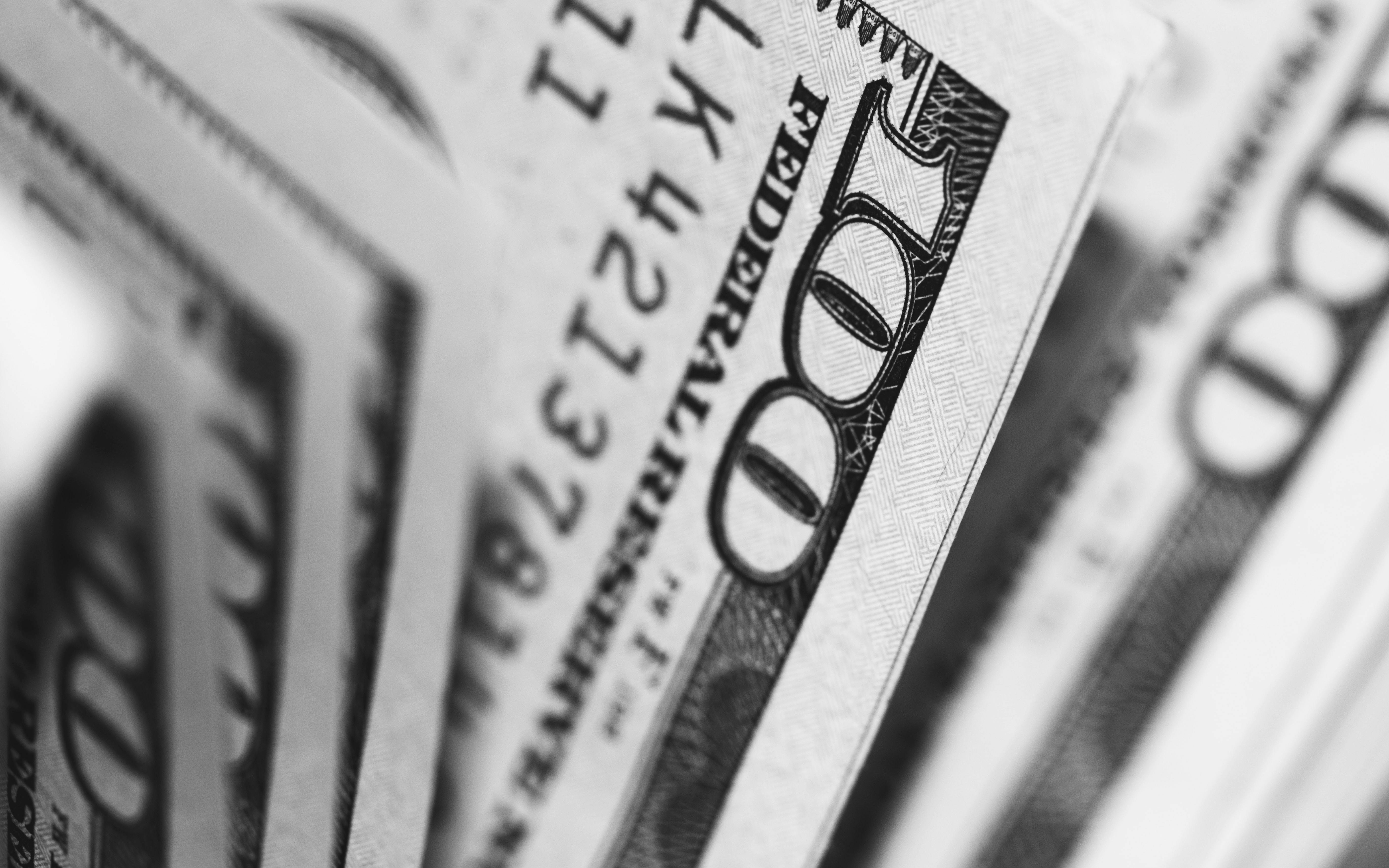 The American Prospect
The American Prospect
How the Fed Bailed Out the Investor Class Without Spending a Cent
March 23, 2020 was a critical day in U.S. history, though at the time it felt like another 24 hours on the road to pandemic apocalypse. Over 47,000 Americans had contracted the coronavirus by official count, and hundreds of thousands more were walking around with it undiagnosed. Deaths were just starting to spike. Historic job losses had commenced, as lockdowns cascaded across America with no end in sight. The stock market closed more than 35 percent off its peak, continuing an epic slide that had started a month earlier.
But two actions on March 23 would swing investors from despair to relief, and reveal who really matters in America.
Read more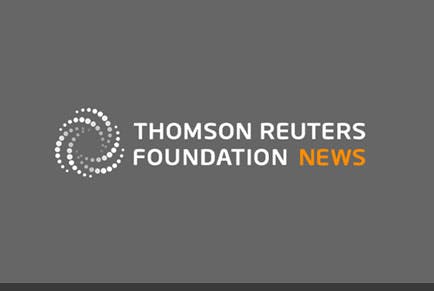 Reuters
Reuters
Nuts and bolts of plan to restart EU's stuttering economy
The European Union's executive on Wednesday proposed a blueprint for the bloc's next budget and a linked coronavirus Recovery Fund to provide a massive stimulus to the continent's coronavirus-battered economy.
Here are the main elements of the plan:
Read more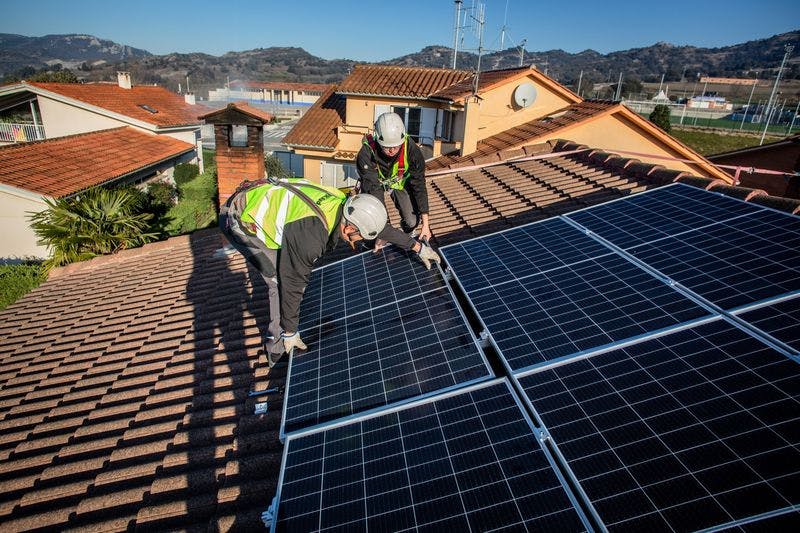 Bloomberg Green
Bloomberg Green
Europe’s Recovery Plan Has Green Strings Attached
Meeting the climate-neutrality goal is a key pillar of a 750 billion-euro ($824 billion) economic recovery plan unveiled by the European Commission, one of the Brussels-based executive’s top officials said.
The unprecedented stimulus program -- along with a revised budget for the next seven years -- aims to accelerate the transition to clean transport, increase energy savings and boost the production of renewable energy. To access funds in the rescue plan, European Union member states will need to show that their investment is in line with the ambitious objective of the Green Deal to eliminate net greenhouse gas emissions.
Read more The Guardian
The Guardian
World health leaders urge green recovery from coronavirus crisis
Doctors and medical professionals from around the globe have called on world leaders to ensure a green recovery from the coronavirus crisis that takes account of air pollution and climate breakdown.
More than 200 organisations representing at least 40 million health workers – making up about half of the global medical workforce – have signed an open letter to the G20 leaders and their chief medical advisers, pointing to the 7 million premature deaths to which air pollution contributes each year around the world.
Read more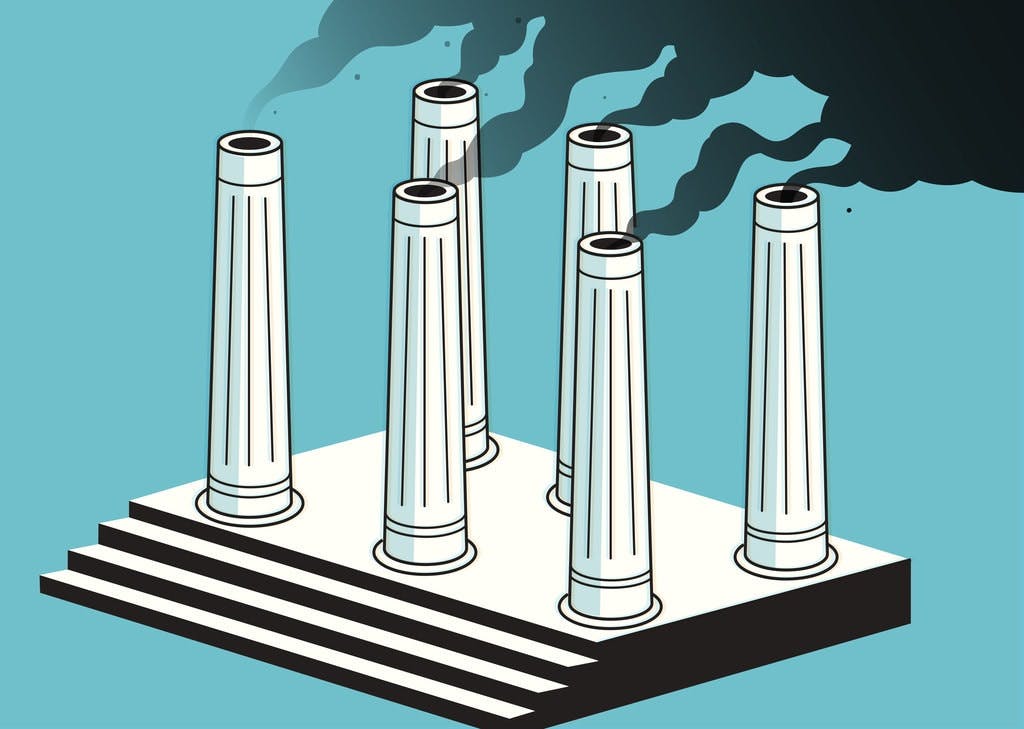 New York Times
New York Times
Opinion: Why Is the Fed Spending So Much Money on a Dying Industry?
The coronavirus pandemic has laid bare just how vulnerable the United States is to sudden, catastrophic shocks. Climate change poses the next big threat. Ignoring it, particularly to the benefit of fossil fuel interests, is a risk we can’t afford.
From my time as a Federal Reserve governor and then deputy Treasury secretary, I’ve learned that times like this not only can determine our ability to recover from a crisis but can also help inoculate us against the next one. That’s why it is imperative that we make investments now that will increase the resilience of our economy.
Read more